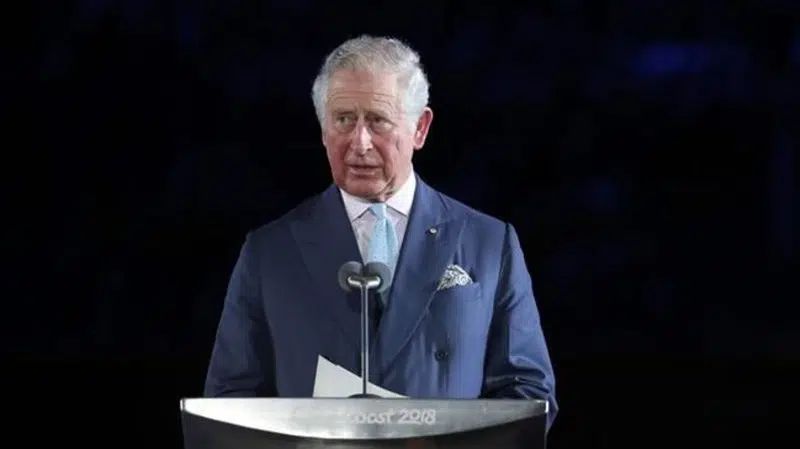
Royal rift: UK monarchy will look smaller when dust settles
LONDON — Prince Charles, the future king, has long been seen as a potential modernizer who wants a more modest monarchy in line with other European royal households — and the streamlining process has already begun with the astounding developments of recent months.
But the changes have come at a terrible cost for Charles, who has seen his brother Prince Andrew disgraced and his once close sons, Prince William and Prince Harry, become estranged.
The trials and tribulations of Andrew and Harry — one tainted for a close friendship with a convicted sex offender, the other unwilling to continue his high-profile role — will take both out of their royal duties, leaving a smaller, more modest royal apparatus.
“Charles has been saying for years and years, ‘Let’s make it smaller,’” said Majesty magazine editor-in-chief Ingrid Seward. “He feels quite strongly that with such a big House of Windsor, there are too many opportunities for things to go wrong. And it’s too expensive. And they need too many houses, too much public expenditure.”

